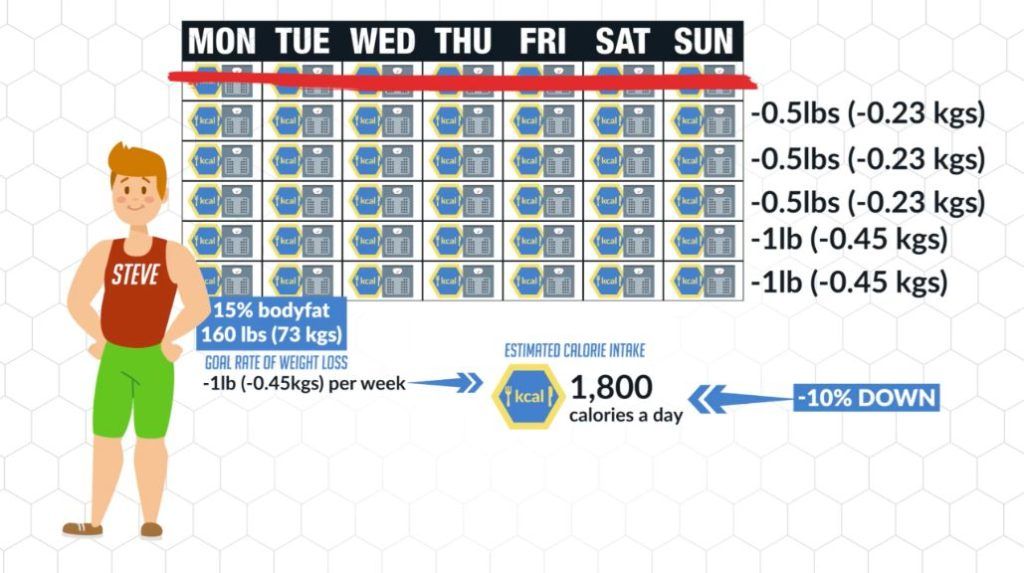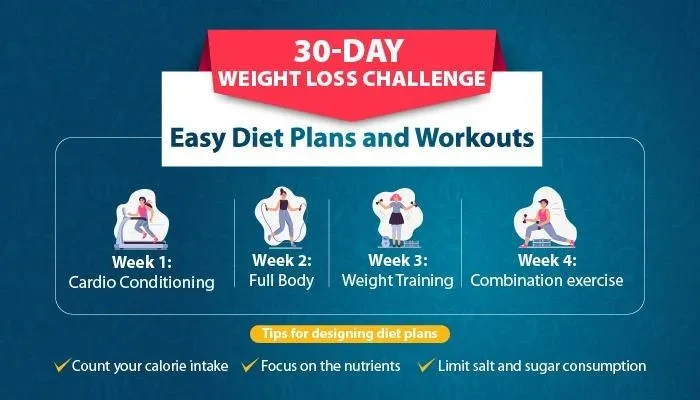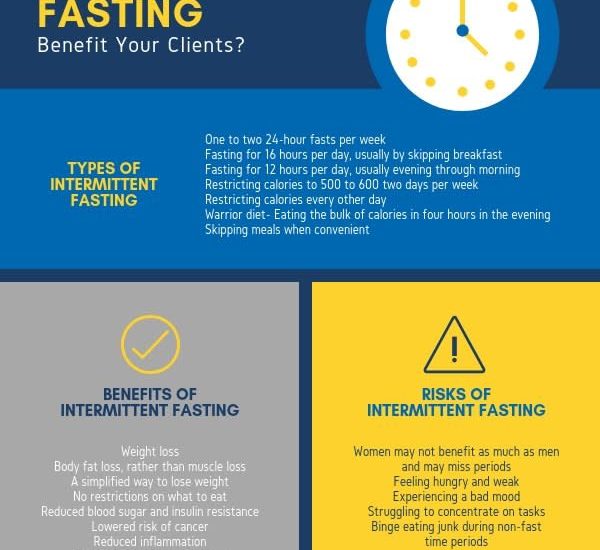How to Track Calories for Sustainable Weight Loss
When it comes to losing weight, one of the most important factors to consider is your calorie intake. Tracking your calories can help you stay on track with your weight loss goals and ensure that you are consuming the right amount of food to support your body’s needs. In this article, we will discuss how to track calories effectively for sustainable weight loss.
Why Tracking Calories is Important
Calories are units of energy that our bodies need to function properly. By tracking your calorie intake, you can ensure that you are not consuming more calories than your body needs, which can lead to weight gain. On the other hand, if you are not consuming enough calories, your body may not have enough energy to function optimally.
How to Track Calories
There are several ways to track your calorie intake, including using smartphone apps, keeping a food diary, or using a website like MyFitnessPal. These tools can help you keep track of the calories you consume throughout the day and can provide valuable insights into your eating habits.
1. Calculate Your Basal Metabolic Rate
Before you start tracking your calories, it’s important to calculate your basal metabolic rate (BMR). Your BMR is the number of calories your body needs to maintain its current weight. There are many online calculators that can help you determine your BMR based on factors like your age, weight, height, and activity level.
2. Set a Realistic Goal
Once you know your BMR, you can set a realistic calorie goal for weight loss. It’s generally recommended to create a calorie deficit of 500-1000 calories per day to lose about 1-2 pounds per week. However, it’s important to consult with a healthcare professional before making any drastic changes to your diet.
3. Keep Track of Your Food Intake
Start by keeping a food diary and recording everything you eat and drink throughout the day. Be sure to include portion sizes and any condiments or toppings that you add to your meals. This will give you a better understanding of your calorie intake and help you make healthier choices.
4. Use a Calorie Tracking App
There are many calorie tracking apps available that can help you easily track your food intake and monitor your calorie consumption. Some popular options include MyFitnessPal, Lose It!, and Cronometer. These apps can also provide valuable nutritional information and help you stay motivated on your weight loss journey.
Tips for Successful Calorie Tracking
Here are some tips to help you track your calories effectively for sustainable weight loss:
1. Be Consistent
Consistency is key when it comes to tracking your calories. Make it a habit to record your food intake every day, and be honest with yourself about what you are eating. This will help you identify any patterns or habits that may be hindering your weight loss progress.
2. Measure Your Portions
When tracking calories, it’s important to measure your portions accurately to ensure that you are not underestimating your calorie intake. Invest in a food scale or measuring cups to help you portion out your meals and snacks properly.
3. Stay Mindful of Your Eating Habits
Paying attention to your eating habits can also help you track your calories more effectively. Be mindful of emotional eating, stress eating, or mindless snacking, as these behaviors can lead to consuming more calories than you realize.
Conclusion
Tracking your calories is a valuable tool for sustainable weight loss. By staying mindful of your calorie intake, setting realistic goals, and using the right tools, you can successfully achieve your weight loss goals and improve your overall health. Remember to consult with a healthcare professional before making any significant changes to your diet, and stay consistent with your tracking efforts to see lasting results.
Start tracking your calories today and take control of your weight loss journey!


